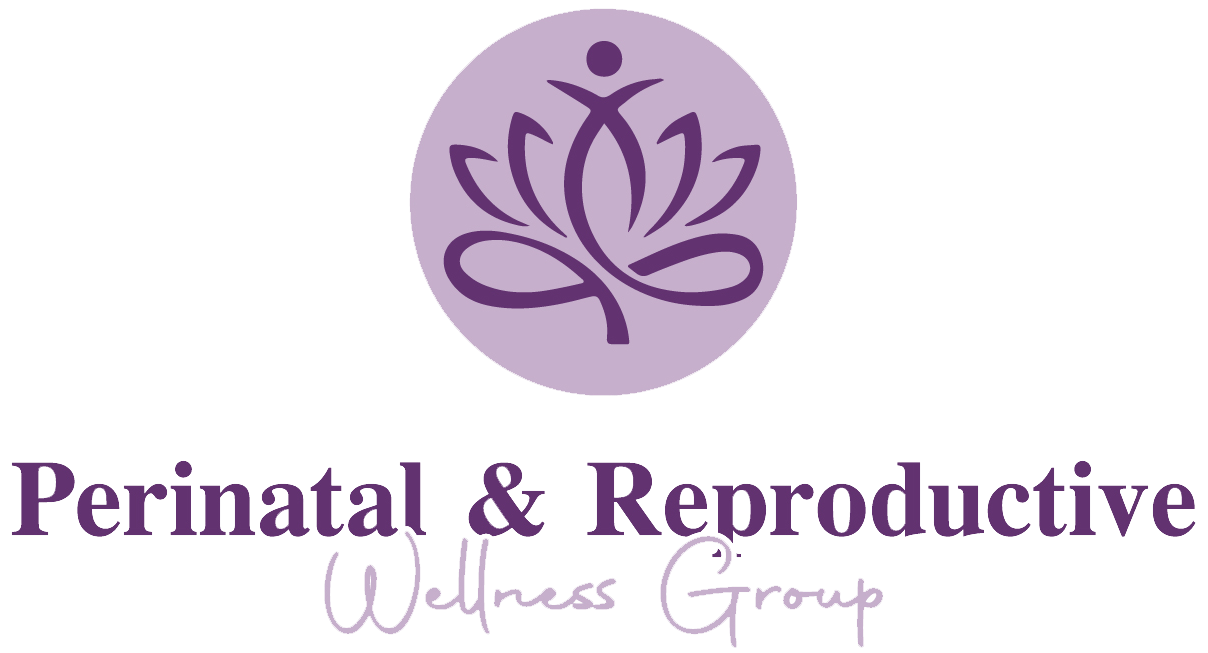Fertility & IVF
Since the June 24th Supreme Court decision overturning Roe v. Wade – and the leak that jolted us a few months before – I’ve been thinking about how I could best serve my community. What to say. How to offer support.
As a mental health provider, I want to acknowledge the undue distress this ruling has caused. I see you, and I stand by you.
I want to spend some time here to talk about – and to – individuals undergoing in vitro fertilization, a community that’s been largely overlooked. In these past few months, I have been hearing a quiet but steady chorus of voices worried about the fall of Roe v. Wade as it relates to IVF.
With Federal protections gone, there’s no telling how (or when) different states will legislate IVF, as it relates to questions like embryo storage and transfer, and more. Questions like, “Will IVF even be an option in six months?” or “Will I be forced to carry six embryos?” are running through women’s heads, intensifying an already challenging experience.
In the best of cases, IVF is a complex experience where the deeply personal choice to have a child must take place in dialogue with a team of medical professionals. To get through the ups and downs, the hormones, the procedures, the exams, that relationship must be based on trust – and guided by medical best practices. The thought of new, restrictive laws interfering is – understandably – adding layers of stress for women undergoing or contemplating IVF.
To support women in this place, I want to offer external and internal resources. The national infertility association, Resolve.org, has put together a series of resources about IVF after Roe. Please take a look for guidance to some of the questions that might be swirling in your head.
At the same time, know that there aren’t a set of simple answers out there, and sometimes our fears and anxieties take on a life of their own. When your thoughts start leaping into the future, fearing laws that haven’t yet been passed, ask yourself if you might be magnifying and distorting thoughts in a way that does not serve you.That’s when I encourage women to find ways to ground themselves and manage the fear – whether it’s through work with a PMH-C or specialized therapist, engaging in movement that feels good, or joining an affirming support group.
The landscape of women’s reproductive rights will only keep shifting. We’ll all be required to keep doing internal and external work in order to continue to meet the challenges.
For couples:
This news comes at a particularly challenging time, after two and a half years of pandemic-related restrictions are beginning to lift. Women who started IVF during COVID likely attended their appointments without a partner, developing their own private coping rituals and bonding with the nursing staff who stepped in to offer a hand to hold while their loved one waited outside.
Now, as restrictions lift and partners are no longer on the sidelines, there are new dynamics to manage for both members of the partnership. For women undergoing IVF, you might feel happy your partner is now holding your hand but also mad they missed so much of the journey, even though you know it wasn’t their fault; you might grieve the very real relationships you built with support staff, even as you welcome your partner back into the process; you might struggle to reintegrate your partner into your routine, even though you are excited they are now there.
As a partner, you might feel disoriented, left out, or impatient to be let in; you might have been feeling powerless during those cycles you couldn’t participate in directly.
Know that ambivalence is normal.
Open dialogue is important during these experiences, but I want to offer a piece of advice that might seem counter-intuitive: it’s okay to take breaks. You don’t have to share your feelings 24/7. Let your partner know that you need a little respite – and then take it.
In the coming months, the topic of IVF will be front and center for me professionally, as I’ve decided to contribute to the field through my Psy-D project: identifying themes and patterns of positive coping in people newly diagnosed with infertility. I’ll look forward to sharing the results of that research as it develops.
Next month:
It’s hard to believe the summer’s ending and back to school is here. I’ll check in on Instagram to offer some insight about how to navigate this busy time of year, and then next month, I’ll be back with thoughts on approaching the holiday season with mindfulness and self-compassion.
